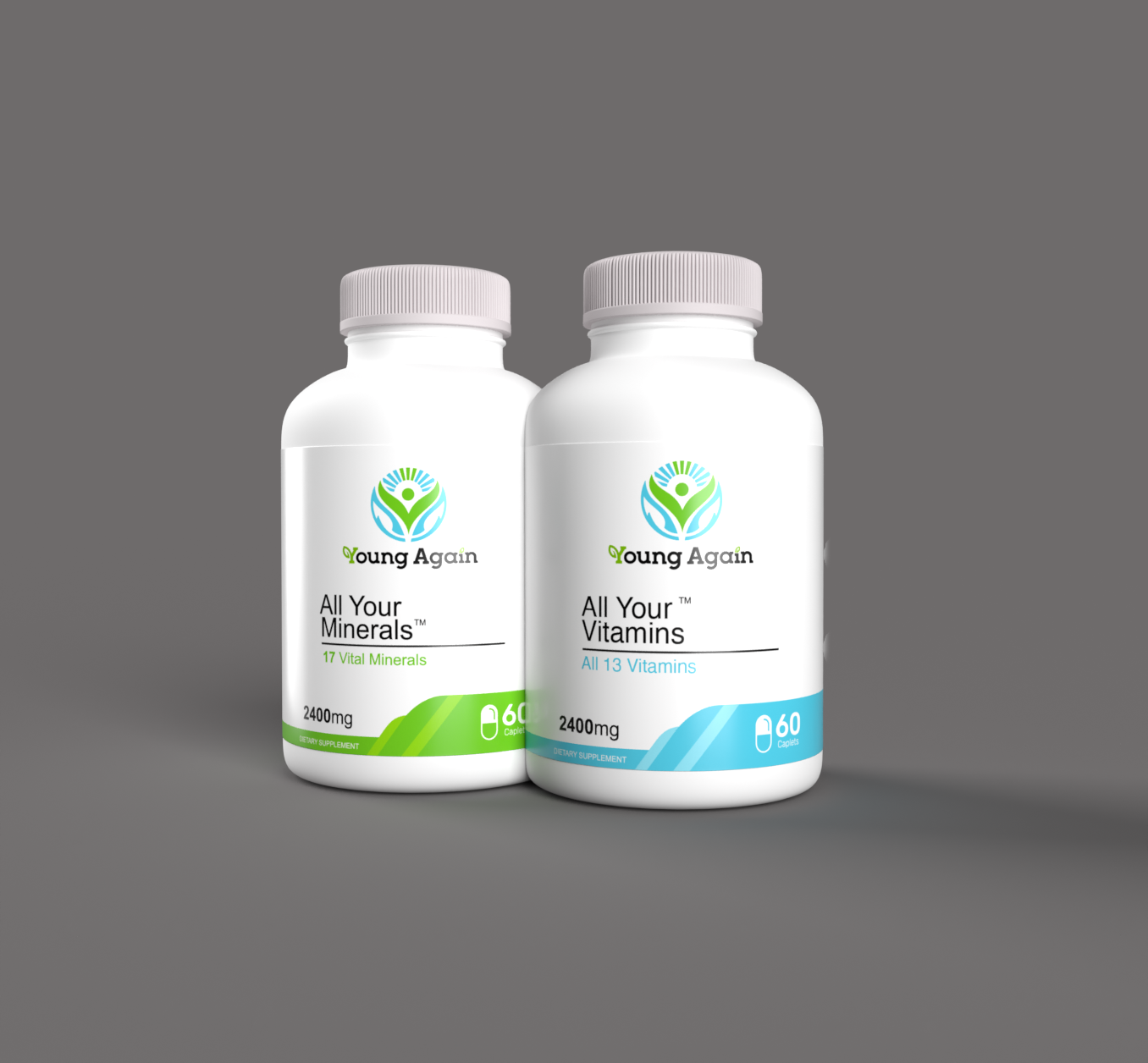
Understanding Inflammation: What It Is, Why It Happens, and How to Calm It Naturally
Share
Inflammation: it’s a word we hear all the time, especially as we get older. But what exactly is it, why does it become a problem over time, and—most importantly—what can we do about it naturally?
If you’ve been feeling more achy, sluggish, or “off” lately, chronic inflammation could be at the root. And the good news? It’s not inevitable with age—you can take control with the right knowledge and support.
What Is Inflammation?
At its core, inflammation is your body’s natural defense mechanism. When you're injured or fighting off a virus, your immune system sends white blood cells to the rescue. This process is acute inflammation, and it's short-lived and protective.
But chronic inflammation is a different story. This happens when your immune system stays switched on, even when there’s no real threat. It’s like having a fire alarm that won’t stop ringing—eventually, the constant signal starts doing more harm than good.
Why Chronic Inflammation Happens (Especially as We Age)
As we move into our 40s, 50s, and beyond, several changes make chronic inflammation more likely:
- Slower recovery and immune response
- Diet higher in processed foods or sugar
- Greater exposure to environmental stressors
- Increased stress and less sleep
- Declining gut health and microbiome diversity
All of these can “confuse” your immune system into staying activated—which leads to persistent low-grade inflammation.
Signs You May Be Dealing With Chronic Inflammation
It’s not always obvious, but inflammation often hides behind everyday issues like:
- Joint or muscle stiffness
- Frequent fatigue or low energy
- Digestive issues like bloating or irregularity
- Brain fog or memory issues
- Skin flare-ups or puffiness
- Trouble sleeping or waking up tired
Natural Ways to Reduce Inflammation
The key to fighting chronic inflammation isn't just treating the symptoms—it’s restoring balance to your whole system. Here’s how:
1. Adopt an Anti-Inflammatory Diet
Focus on whole, nutrient-rich foods:
- Colorful veggies (especially leafy greens)
- Omega-3-rich foods (like wild-caught salmon, flaxseeds, walnuts)
- Spices like turmeric, ginger, and garlic
- Cut back on processed foods, sugars, and seed oils
2. Support with Targeted Supplements
Natural compounds can help calm the immune system and reduce inflammatory markers.
3. Restore Gut Balance
A healthy gut keeps inflammation in check by regulating immune response.
Try Acidophilus Probiotic, formulated to nourish beneficial bacteria and strengthen the gut lining—critical for lowering systemic inflammation.
4. Prioritize Restorative Sleep
Sleep is when your body does its best repair work. Aim for 7–9 hours of deep, consistent sleep nightly.
5. Stay Active (But Don’t Overdo It)
Movement reduces inflammation—but too much intense exercise can spike stress hormones. Try low-impact options like walking, yoga, or swimming.
Take Action: Fight Inflammation Naturally
Chronic inflammation doesn’t have to be your new normal. With intentional lifestyle choices and the right support, you can restore balance and feel your best—inside and out.

